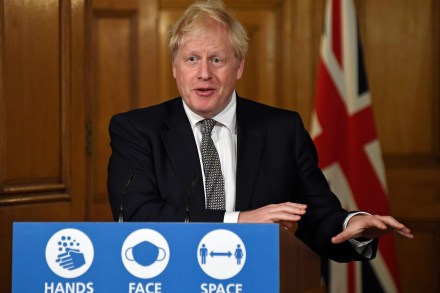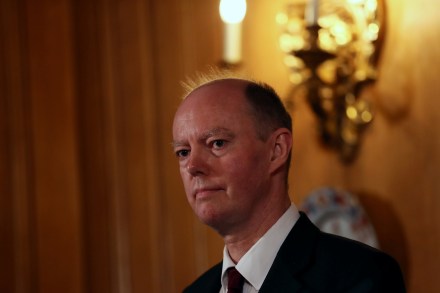Will the government be left suffering from 'long Covid'?
The first full week of the new national lockdown had the potential to be very difficult for Boris Johnson. Although just 34 Tory MPs voted against this England-wide measure, many more are unhappy about it. They have, as Tory MPs now do when they come across things they dislike, set up a group with a three-letter abbreviation: in this case, the CRG (Covid Recovery Group), which will oppose further lockdowns. Adding to the discontent among backbenchers, No. 10 had just U-turned on extending free school meals into the holidays. Tory MPs were left wondering why — as with exam result appeals — they had bothered taking so much flak from




















